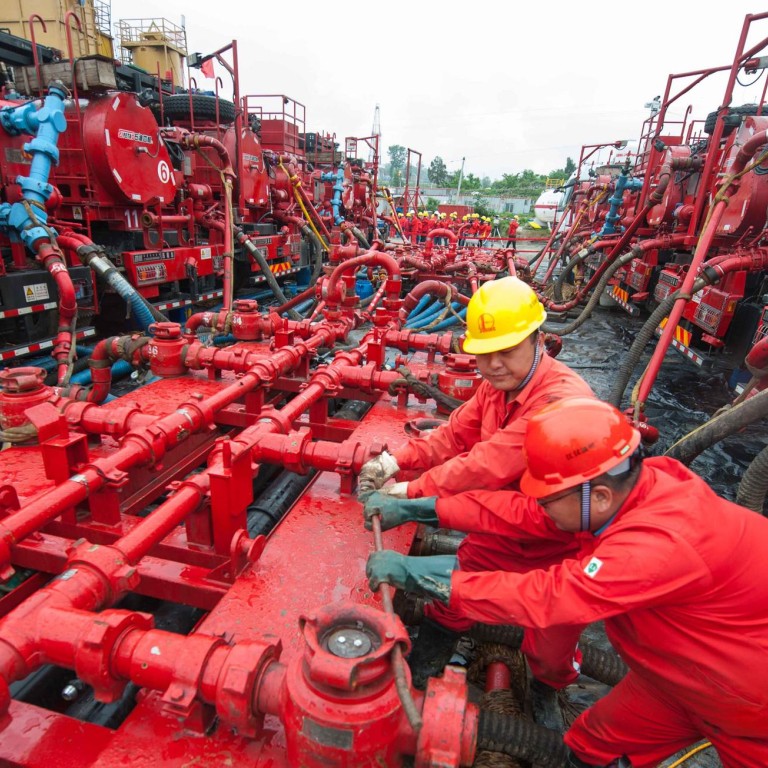
China said to plan spinning off Sinopec, PetroChina pipelines
NDRC leads the initiative to separate the units but a final decision on the plan or the number of companies to be created has not been made
The Chinese government is looking at stripping its biggest energy companies of their oil and gas pipelines, as part of sweeping industry reforms that would see the assets spun off into independent businesses, according to people with knowledge of the plans.
The National Development and Reform Commission is leading talks on the initiative, according to four people, who asked not to be named as they are not authorised to speak publicly on the issue. The separation of the pipeline units would be part of President Xi Jinping's reforms to allow markets a more decisive role in the economy.
The NDRC has held talks since last year on the sale of the assets with the biggest pipeline owners and the utilities that buy most of the fuels, the people said. A final decision on the plan or the number of companies to be created has not been made.
The assets could be worth as much as US$300 billion, according to an estimate by Neil Beveridge, a Hong Kong-based analyst at Sanford C. Bernstein.
"China should push to strip out pipeline assets from oil companies and allow those facilities to run independently from explorers," said Lin Boqiang, director at the Energy Economics Research Centre at Xiamen University. "This is reform that China can do now."
China National Petroleum Corp and its listed arm PetroChina is the country's biggest owner of pipelines, controlling about 77,000 kilometres. China Petrochemical Corp and its listed unit China Petroleum & Chemical Corp, or Sinopec, are the next largest with more than 30,000 kilometres.
While China's oil and gas pipeline network of about 120,000 kilometres is only around a fifth of the size of the natural gas network in the US, it is expanding fast and will be bigger than the US by 2040, said Beveridge.
The equity value of PetroChina's pipelines is about US$147 billion based on a price to earnings ratio of 25 times, Beveridge estimated in a research note.
China has invested a lot of money to expand its pipelines and that will continue as demand for natural gas grows, according to Beveridge. It should separate energy exploration from pipelines to encourage more competition and investment, he said.
The discussion to spin off the pipelines is taking place amid sweeping change in China's energy industry after the top officials of China's biggest explorers were replaced earlier this month.
PetroChina and Sinopec's dominance of pipeline infrastructure makes it difficult for others to enter the energy exploration business as they have to ask China's No1 and No2 explorers to share resources, said Lin, who is also an adviser to China's National Energy Commission, chaired by Premier Li Keqiang.
"The pipeline business is like the power-transmission business that should be run by independent companies that allow equal access to all market players," Lin said. "By allowing one or two companies to dominate the market, you create a huge barrier for other companies to compete."
While the NDRC has ordered Sinopec and PetroChina to allow equal pipeline access to others, the policy was difficult to implement because the companies could decide pipeline capacity utilisation and turn down usage requests, Lin said.

